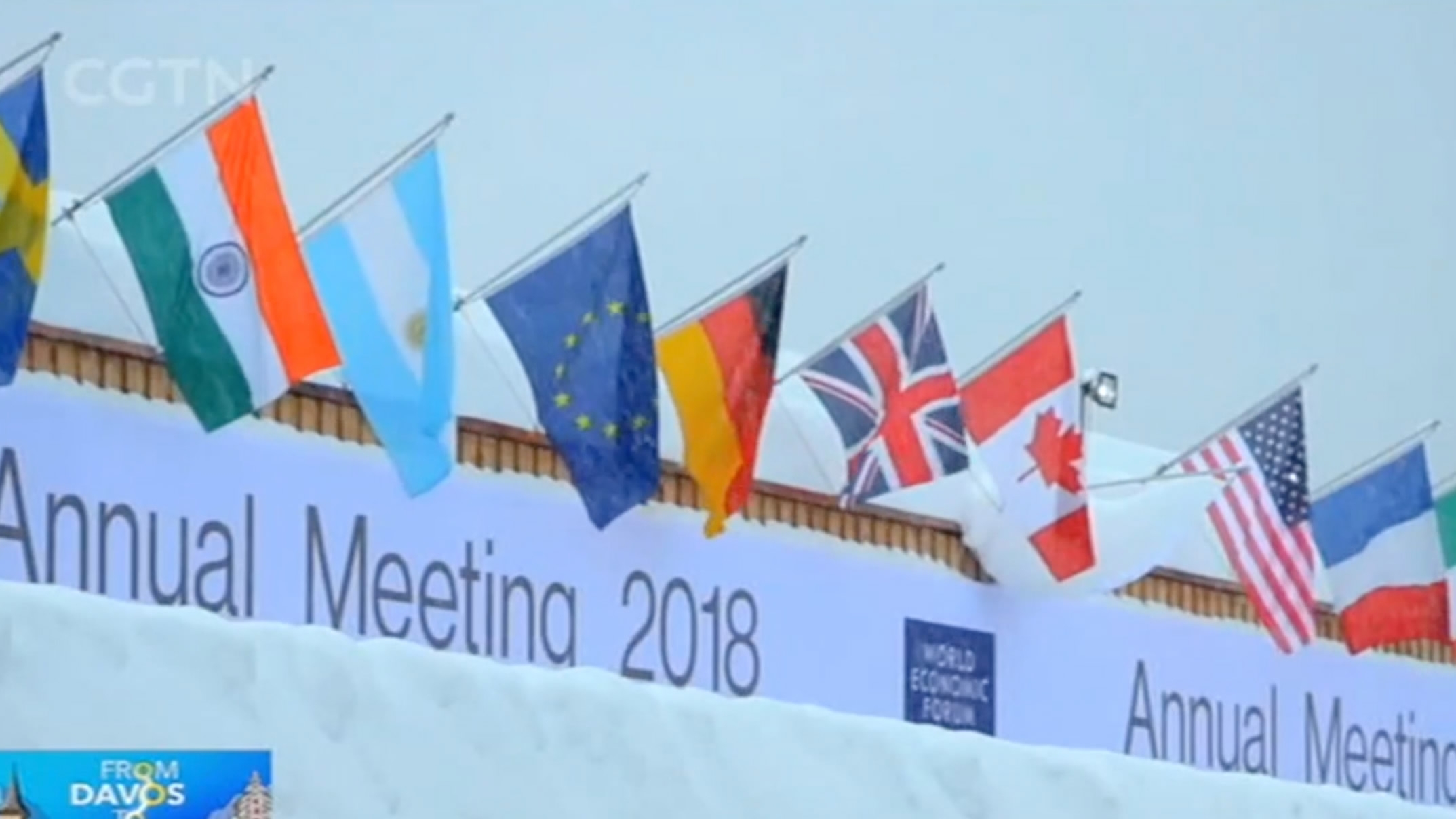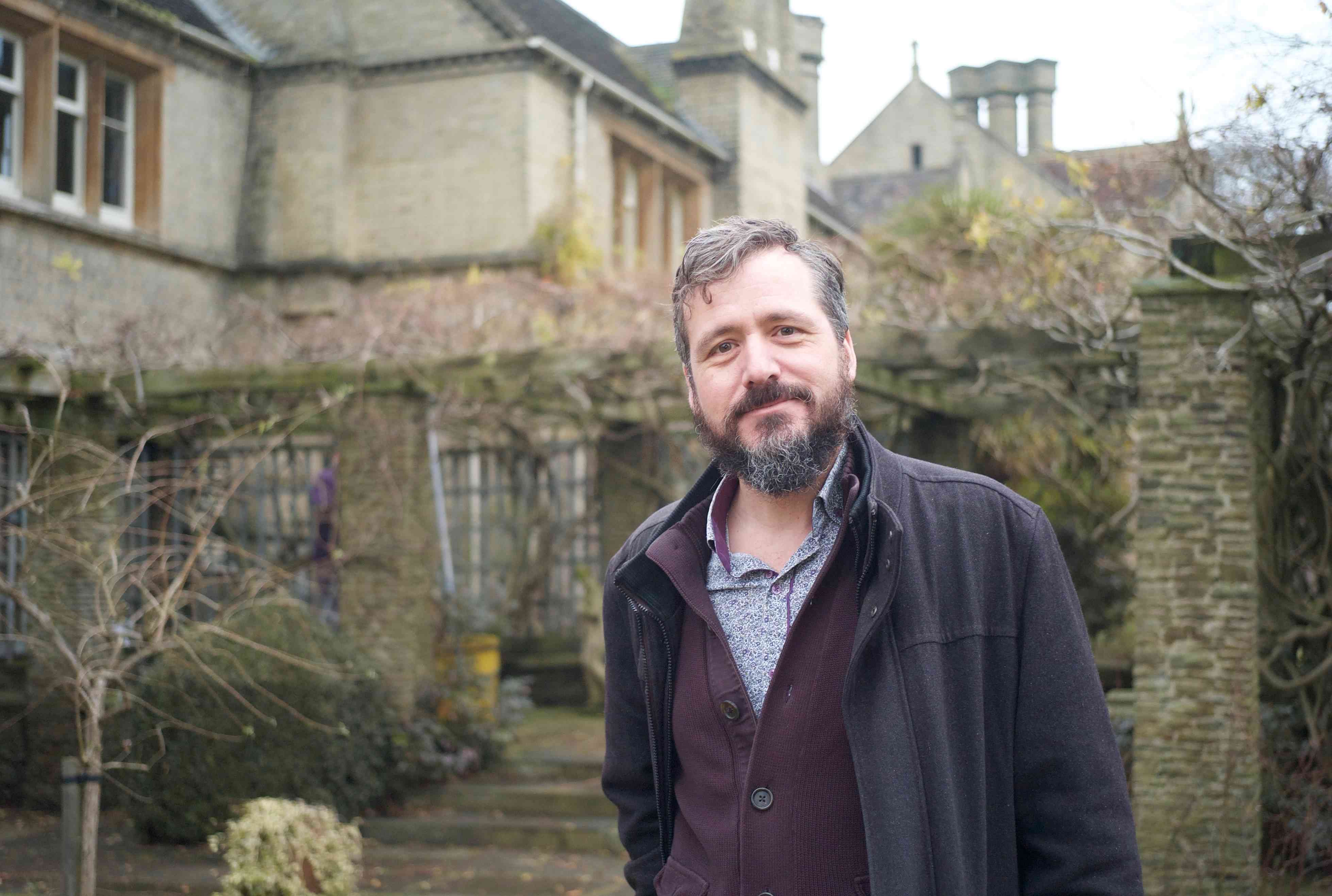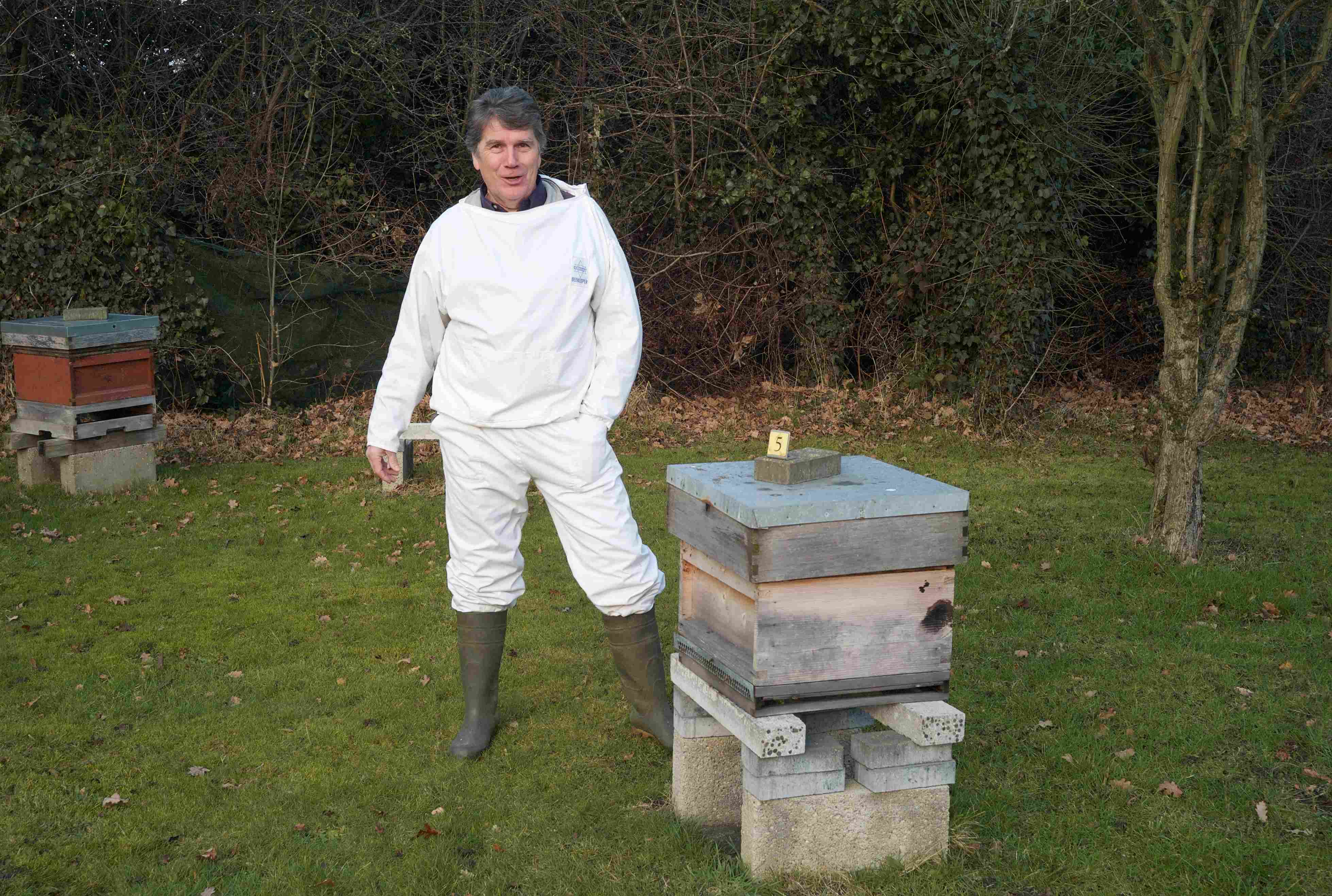
Tech & Sci
14:56, 23-Jan-2018
WWF head calls on WEF to couple protecting the environment to promoting economic growth
By Jack Barton

In England life expectancy has climbed from around 40 years in the mid -800s to currently almost 80 for men and older for women.
The rise has been credited to the industrial revolution, which began in the UK.
The revolution transformed global economies as well as diets and healthcare systems. As a consequence, the global population has leaped from a little over one billion to more than seven and a half billion today.
But those gains have taken a terrible toll on our environment.
Even though the climate has always changed global average temperatures have risen with unprecedented speed.
While at the time agriculture and industry have led and is still leading too, massive species declines and extinctions.
“In less than a generation we have lost half of the wildlife on the planet,” says Marco Lambertini, Director General of World Wildlife Fund International. “We are heading towards a two-thirds decline by 2020 and we’re already in a mass extinction," he added.
Lambertini says summits and forums like the WEF can no longer afford separate the issues of seeking economic growth and preserving the environment.
In the UK groups like the Royal Society for the Protection of Birds are trying to turn back the tide.
Doctor Mark Eaton, who heads the bird monitoring program for the Royal Society for the Protection of Birds, says about fifteen percent of all UK bird species are now regarded as threatened.

Mark Eaton, head of the bird monitoring program for the Royal Society for the Protection of Birds, says wildlife can be preserved with the help of government. /CGTN Photo
Mark Eaton, head of the bird monitoring program for the Royal Society for the Protection of Birds, says wildlife can be preserved with the help of government. /CGTN Photo
“Overall our farmland bird numbers have dropped by more than fifty percent over the past few decades so we’ve seen big declines. What we see in the UK is being the same abroad, in fact possibly even worse in other countries,” says Eaton.
According to Eaton, the biggest single cause of the decline is agriculture.
“We also see other impacts, the effects of urbanization, expanding towns and more latterly climate change. All the drivers all the things that are acting upon our nature are to do with man all these things have an impact and they are all tied to the economy,” he says.
It’s not just birds that have a big impact on the environment. Many bee species are suffering what has been dubbed ‘Colony collapse syndrome.’
The president of the British Beekeepers Association, Tim Lovett, says bees are crucial because of their role as pollinators.
"It’s said that up to thirty percent of what we eat is dependent on insect pollination. If you had a bee-free pizza, no tomatoes the olive oil would be very expensive, you’d still have the base but even the mozzarella cheese, you wouldn’t be seeing that there,” says Lovett.

Tim Lovett, president of the British Beekeepers Association, says bees are crucial because of their role as pollinators. /CGTN Photo
Tim Lovett, president of the British Beekeepers Association, says bees are crucial because of their role as pollinators. /CGTN Photo
Many experts say it is not too late to stop the damage.
Mark Eaton says wildlife can be preserved with the help of government.
“It’s just we haven’t got enough resources to do that for everything and to fight the sort of big pressures, environmental pressures, around food production and development,” says Eaton.
Climate change is a serious problem that is receiving a lot of attention, including at the World Economic Forum that has just got underway in Davos, Switzerland.
But the alarming loss of biodiversity and an extinction rate, reportedly one thousand times higher than it would be without human intervention, is something still not making headlines, even at the World Economic Forum.

SITEMAP
Copyright © 2018 CGTN. Beijing ICP prepared NO.16065310-3
Copyright © 2018 CGTN. Beijing ICP prepared NO.16065310-3